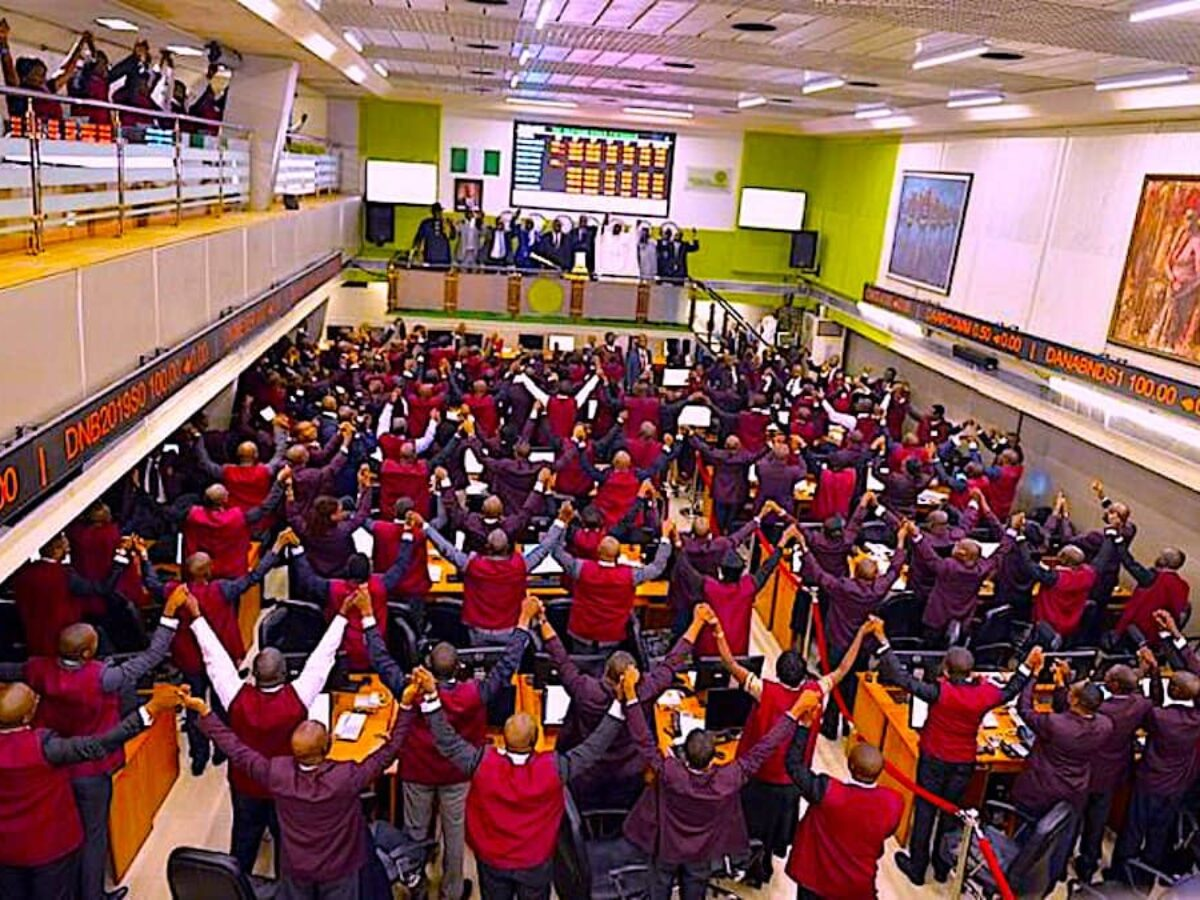By Olufemi Soneye
The United States has recently implemented a sweeping immigration policy requiring nearly all visa applicants to disclose their social media handles and digital histories. Framed as a tool to bolster national security, counter terrorism, and curb cybercrime, the measure may appear reasonable on paper. But for Nigerians and many others from countries with vibrant, digitally active populations the consequences are troubling and far-reaching.
Nigeria’s dynamic online culture is marked by satire, political commentary, and spirited debate. In this context, posts that are humorous or culturally specific may be misunderstood by foreign officials unfamiliar with the nuances of local discourse. What may be a harmless meme or satirical remark in Nigeria could be wrongly interpreted as extremist, subversive, or fraudulent by US immigration authorities.
This does not merely pose a risk to individual visa applicants. It threatens broader societal values such as freedom of expression, cultural authenticity, and civic engagement. It also risks further straining US–Nigeria relations at a time when collaboration and mutual respect are more important than ever.
The US government maintains that social media activity provides valuable insight into a visa applicant’s character, affiliations, and potential risks. In an age where radicalization and misinformation can proliferate online, there is some logic to this argument. However, in practice, it opens the door to arbitrary interpretations, biased judgments, and significant invasions of privacy.
Disturbing cases have already emerged. A Norwegian tourist was recently denied entry into the United States after officials discovered a meme referencing US Vice President J.D. Vance on his phone. In another case, a Nigerian businesswoman with a valid visa was turned away at a US border after immigration officers reviewed her Instagram messages and claimed her online activity contradicted the nature of her visa. These examples illustrate how subjective and potentially discriminatory the enforcement of this policy can be.
Adding to the concern, the US has launched a pilot program requiring visa applicants from select countries to pay a $15,000 bond. The initiative, which began with Malawi and Zambia, reportedly targets nations with high visa overstay rates and could be expanded. It sends a chilling message: that citizens of certain countries are presumed guilty until proven otherwise.
For Nigerians, the implications are especially severe. Privacy is the first casualty. Applicants must now submit their digital footprints including personal conversations, private networks, and online affiliations to a foreign government. Freedom of expression is the next victim. Young Nigerians, who make up the majority of users on platforms like X (formerly Twitter), TikTok, and Instagram, may begin self-censoring out of fear that political opinions or cultural commentary could jeopardize their chances of traveling or studying abroad.
This policy disproportionately impacts the very demographic that is driving Nigeria’s innovation, creativity, and international reputation. Students, entrepreneurs, artists, and professionals, the most globally engaged Nigerians are now the most vulnerable to misinterpretation and arbitrary visa denials. What constitutes a “red flag” is alarmingly subjective: a meme, a retweet, or a political statement could be enough to trigger rejection, with little recourse for appeal.
There are broader implications for the Nigerian diaspora and global mobility. Social media has long served as a bridge connecting Nigerians abroad with their homeland, facilitating civic dialogue, cultural exchange, and philanthropic engagement. If digital expression becomes a liability, this bridge may weaken, silencing a vital global voice and undermining transnational ties.
Moreover, the policy risks reinforcing damaging stereotypes. Nigerians already contend with international biases linking the country to fraud or instability. A policy that scrutinizes their digital lives under a security lens could deepen mistrust, alienate young professionals, and diminish goodwill toward the United States.
The global repercussions are also concerning. If the US, a global standard-setter in immigration policy, normalizes the collection and evaluation of applicants’ private digital histories, other countries may follow suit. This would set a dangerous precedent, where opportunities for global mobility depend not on merit or intent, but on an algorithmic analysis of social media behavior often devoid of cultural context.
National security is undeniably important. But it must be balanced with fairness, proportionality, and respect for fundamental rights. This policy represents a dangerous overreach one that sacrifices privacy, chills free expression, and penalizes those who should be celebrated for their global engagement.
If the United States is truly committed to fostering partnerships with countries like Nigeria, it must recognize that sustainable security cannot be built on suspicion and surveillance. Instead, it should embrace and empower the voices of Nigeria’s youth, educated, innovative, and globally connected who could be among America’s strongest allies in the decades ahead.
*Soneye is a seasoned media strategist and former Chief Corporate Communications Officer of NNPC Ltd, known for his sharp political insight, bold journalism, and high-level stakeholder engagement across government, corporate, and international platforms
The post US Visa Applicants and Social Media Disclosure: A Risky Overreach with Dire Consequences for Nigerians appeared first on THISDAYLIVE.

